The Federal Trade Commission (FTC) and the U.S. Food and Drug Administration (FDA) have jointly taken action against several companies marketing edible products containing Delta-8 tetrahydrocannabinol (THC) in packaging that resembles popular snacks and candies commonly marketed to and consumed by children. The agencies have sent cease and desist letters to these companies, demanding immediate changes to their packaging practices. The move aims to protect children from mistaking THC-infused products for regular foods and inadvertently consuming them, posing potential health risks.
Addressing the Packaging Issue
Samuel Levine, Director of the FTC's Bureau of Consumer Protection, emphasizes that marketing THC products in packaging that can be easily mistaken by children is both reckless and illegal. The well-being of children must be safeguarded, and companies have a responsibility to ensure that their products are marketed safely and responsibly.
Dr. Janet Woodcock, Principal Deputy Commissioner of the FDA, points out that children are more vulnerable than adults to the effects of THC. Instances of children becoming sick or requiring hospitalization after consuming THC-infused "edibles" have been reported. The FDA warns against the sale of copycat food products containing Delta-8 THC (also referred to as Δ-8 THC), as they closely resemble popular foods that are appealing to children and can lead to unintended high-dose ingestion.
The Targeted Companies
The cease and desist letters were sent to the following companies:
- Delta Munchies LLC (Los Angeles, California)
- Exclusive Hemp Farms (Gilroy, California) and Etienne-DuBois, LLC/Oshipt (Henrico, Virginia)
- North Carolina Hemp Exchange, LLC, dba NC Hemp Shoppe (Raleigh, North Carolina)
- Dr. Smoke, LLC, aka Dr. S, LLC (Kansas City, Missouri)
- Nikte's Wholesale, LLC (Albuquerque, New Mexico)
- The Haunted Vapor Room (Franklin, New Jersey)
The FTC has reviewed the online marketing of Delta-8 THC products sold by these companies and found that their advertising may violate Section 5 of the FTC Act, which prohibits unfair or deceptive acts in commerce. The letters emphasize the agencies' commitment to preventing practices that pose health or safety risks, especially to children, and highlight that imitating non-THC-containing food products misleads consumers.
Packaging Examples and Concerns
The Delta-8 THC products marketed by these companies, and likely dozens if not hundreds more nationwide, mimic a range of children's snacks and candies, further heightening the risk of confusion.
For instance, Dr. Smoke, LLC sells THC-infused "Doritos" and "Cheetos" in packaging almost identical to popular snack brands, including the use of the same logos, designs, and mascots.
The Haunted Vapor Room offers Delta-8 THC products named after and resembling Nerds Rope candy.
Delta Munchies, LLC markets gummy products that resemble conventional gummy candies consumed by children.
The FTC demands that these companies immediately stop marketing edible Delta-8 THC products that imitate regular foods using packaging or advertising likely to appeal to young children requesting that each company provide a detailed account of the specific actions taken to address the concerns raised in the cease and desist letters within 15 days. Christine DeLorme, a staff attorney in the FTC's Bureau of Consumer Protection, is overseeing the matter.
Additionally, the FTC urges the companies to review all their marketing and product packaging for similar edible THC products, taking swift action to protect consumers, especially children.
Prior Joint FTC/FDA Actions
This recent joint effort by the FTC and FDA is not the first of its kind. In 2019, the agencies issued similar joint letters to sellers of cannabidiol (CBD) products, cautioning against advertising claims suggesting the prevention, treatment, or cure of human disease without reliable scientific evidence to support such claims.
In addition to the joint action taken by the Federal Trade Commission (FTC) and the U.S. Food and Drug Administration (FDA), it is important to understand what Delta-8 THC is, its derivation process, and why the FDA's move carries significance for the broader conversation around cannabis and legalization.
What is Delta-8 THC
Delta-8 THC is a naturally occurring cannabinoid found in cannabis plants. It is a chemical compound similar to Delta-9 THC, the well-known psychoactive compound responsible for the intoxicating effects of marijuana. However, Delta-8 THC is known to have less potent psychoactive properties than Delta-9 THC, making it a popular choice for individuals seeking a milder cannabis experience and also for companies looking to profit from the lack of education and limited access to safe, legal cannabis.
Delta-8 THC is derived from hemp, a variety of the cannabis plant that contains low levels of Delta-9 THC.
The Farm Bill defined THC specifically as delta-9-THC, which is still illegal federally. With that definition, a market for delta-8 was born.
Delta-8-THC is detectable only in trace amounts in both hemp and marijuana plants, but manufacturers have figured out a way to produce it from a third notable chemical in cannabis plants, CBD. CBD is present in large quantities in hemp plants, and because CBD is legal, they assert, so is delta-8.
The extraction process involves converting the precursor cannabinoid, cannabidiol (CBD), into Delta-8 THC through various methods such as isomerization or distillation. These processes aim to isolate and concentrate Delta-8 THC to achieve higher levels in the final product.
The manufactured Delta-8-THC is typically added to gummies and vape cartridges and sold legally over the internet and in convenience stores and gas stations nationally. But because the products are unregulated, what’s on the label can differ from what’s inside the package, both in terms of the potency of delta-8 and other unanticipated ingredients, such as contaminants, heavy metals or mold, among other potentially harmful byproducts.
It’s unregulated, and because it’s synthetic, the way it’s made and who is selling it, there are plenty of opportunities for things to go wrong.
Unfortunately for many of those operating in the legal cannabis industry, they are often lumped in with these bad actors, despite following very strict Federal, State and Municipal regulations and guidelines and putting customer safety first.
The joint action by the FTC and FDA underscores the importance of responsible marketing practices, especially in the context of products that can potentially have significant health effects. The regulatory scrutiny serves as a reminder for companies to ensure that their products are marketed safely and responsibly, with a particular focus on protecting vulnerable populations.
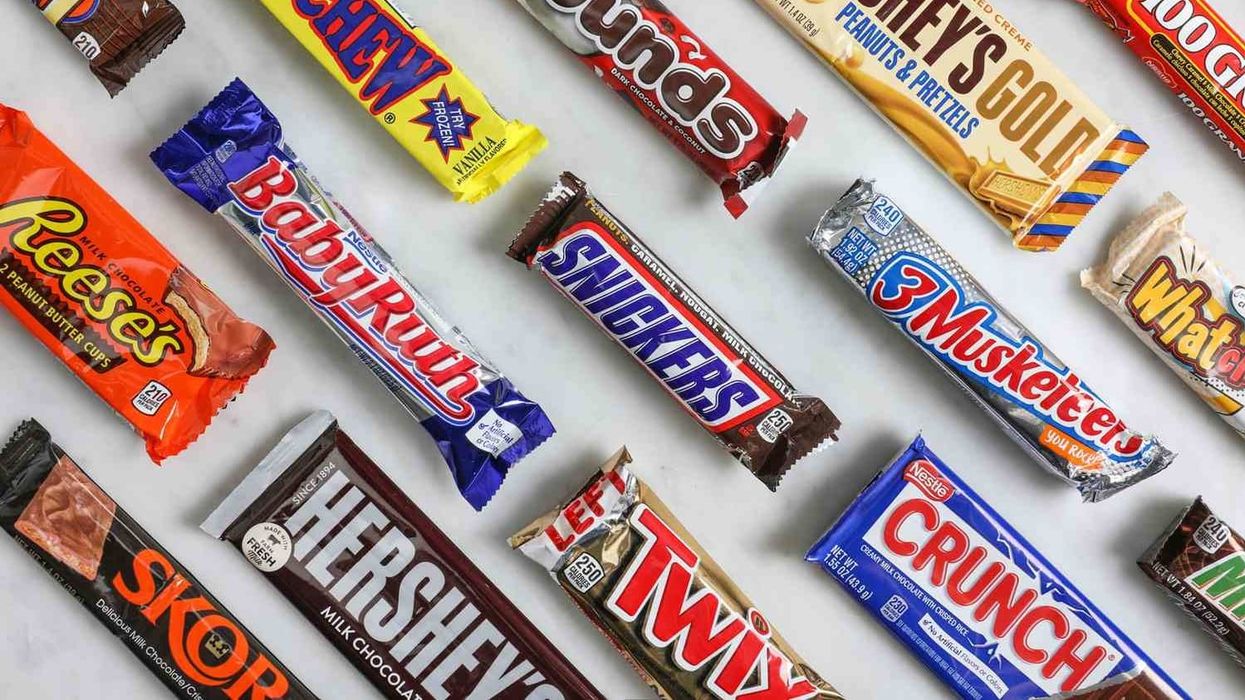


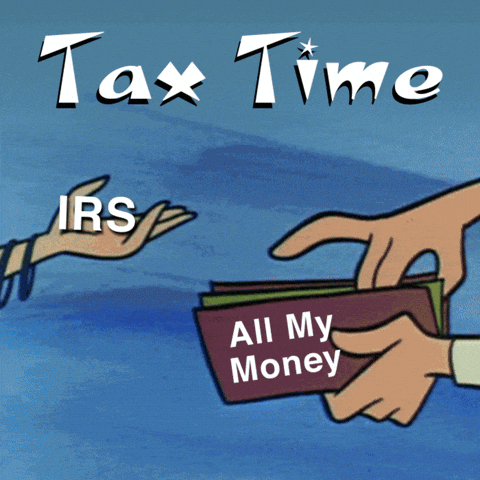








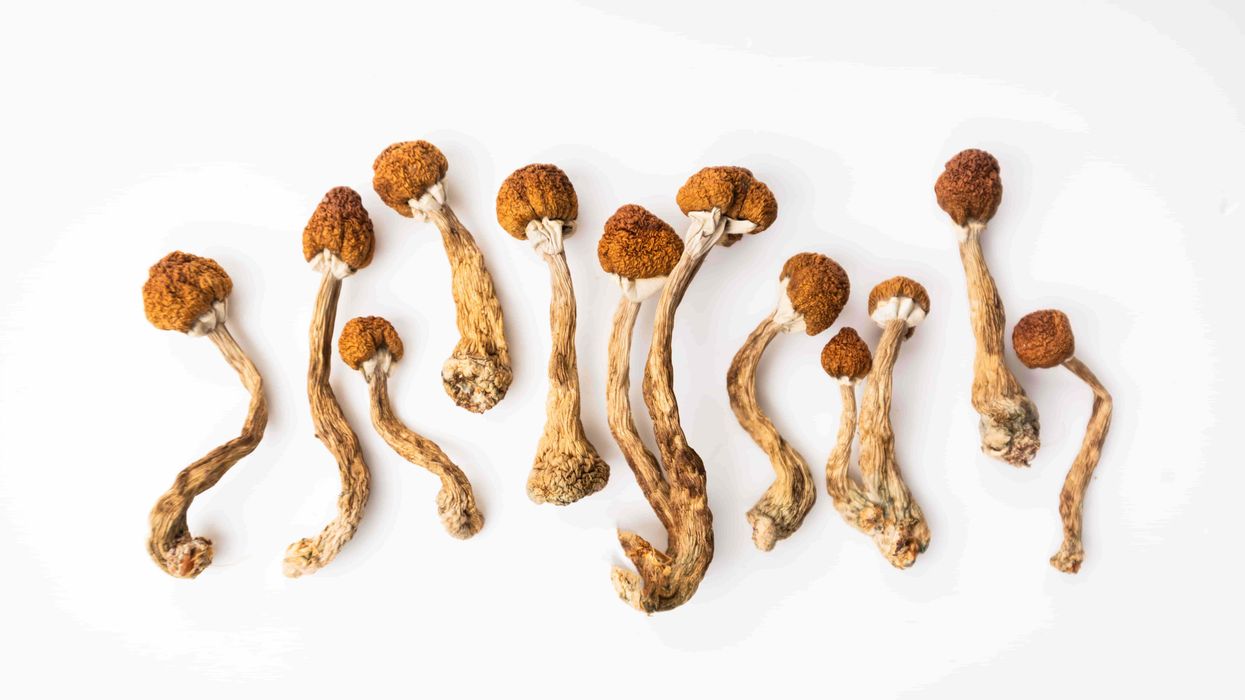

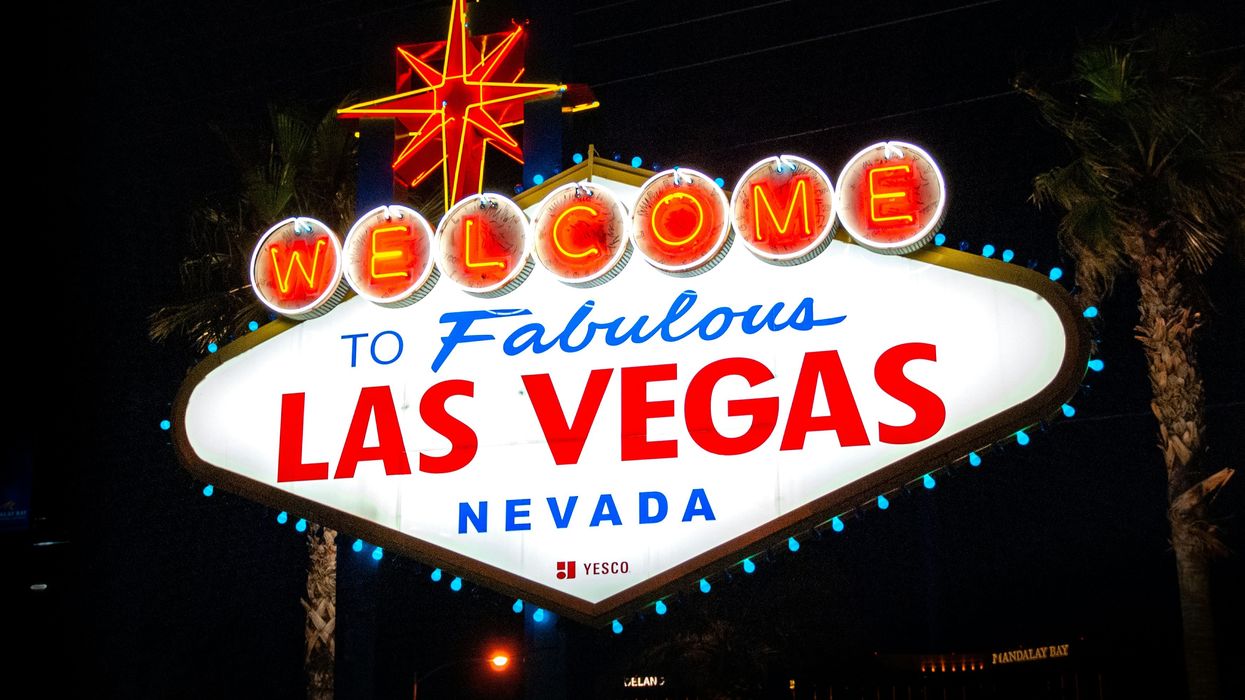
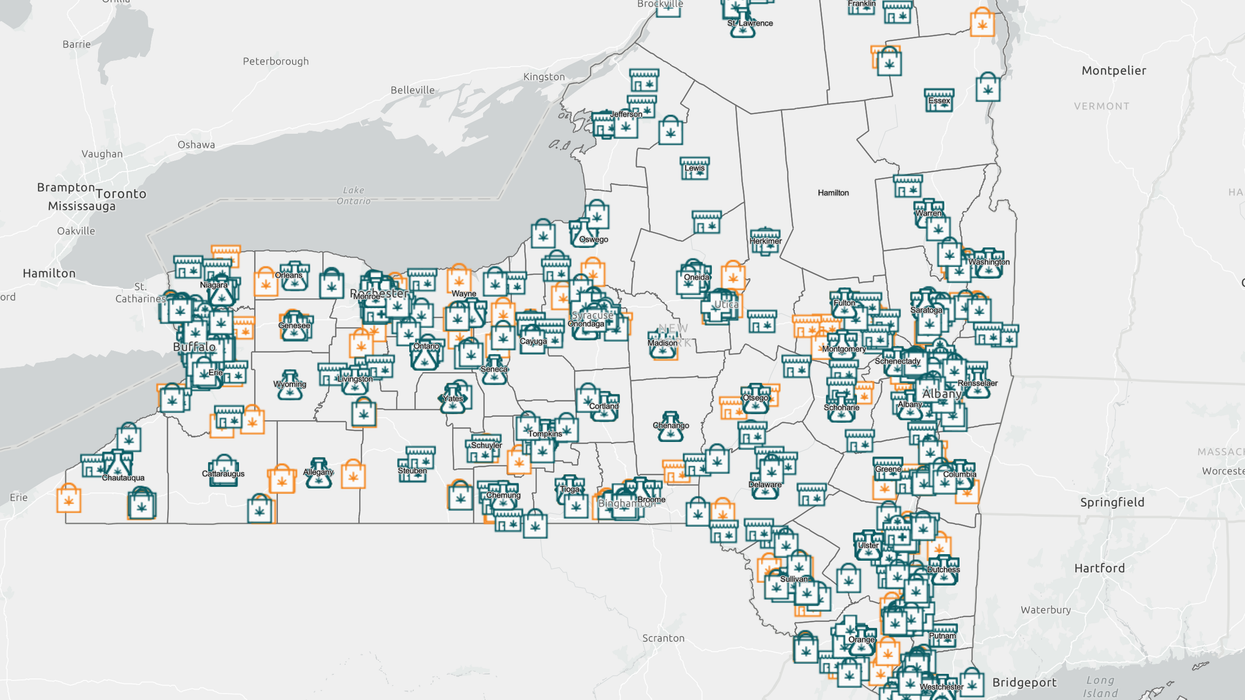
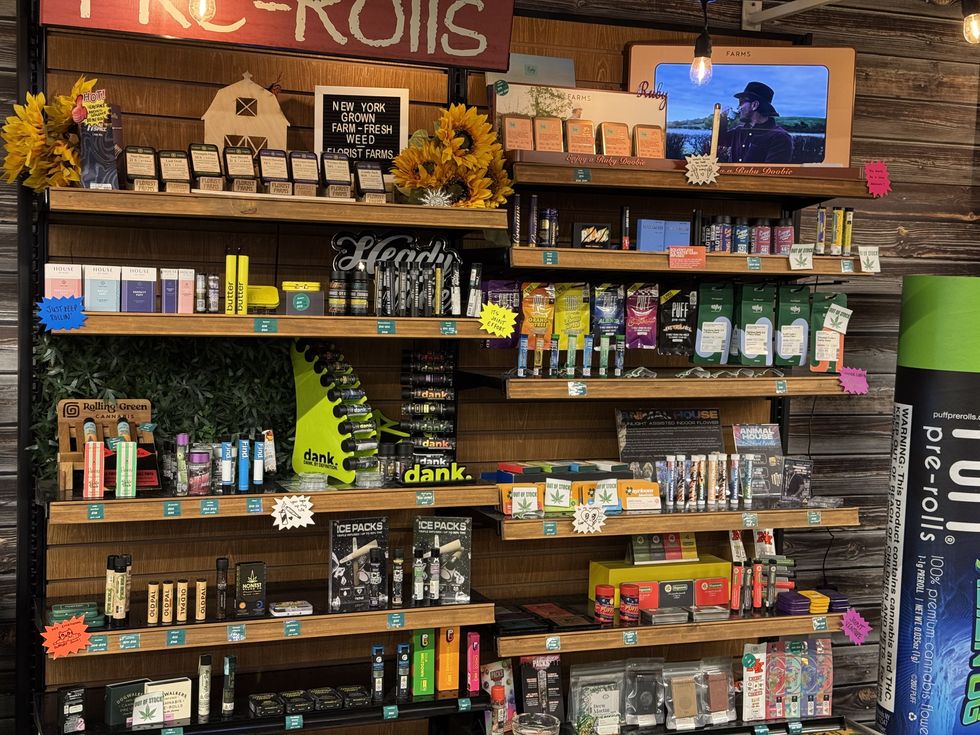 The mix of in-state and out of state brands at a legal NY dispensary
The mix of in-state and out of state brands at a legal NY dispensary
 The Dominoes Are Falling Nationwide as Federal Prohibition Ends
The Dominoes Are Falling Nationwide as Federal Prohibition Ends